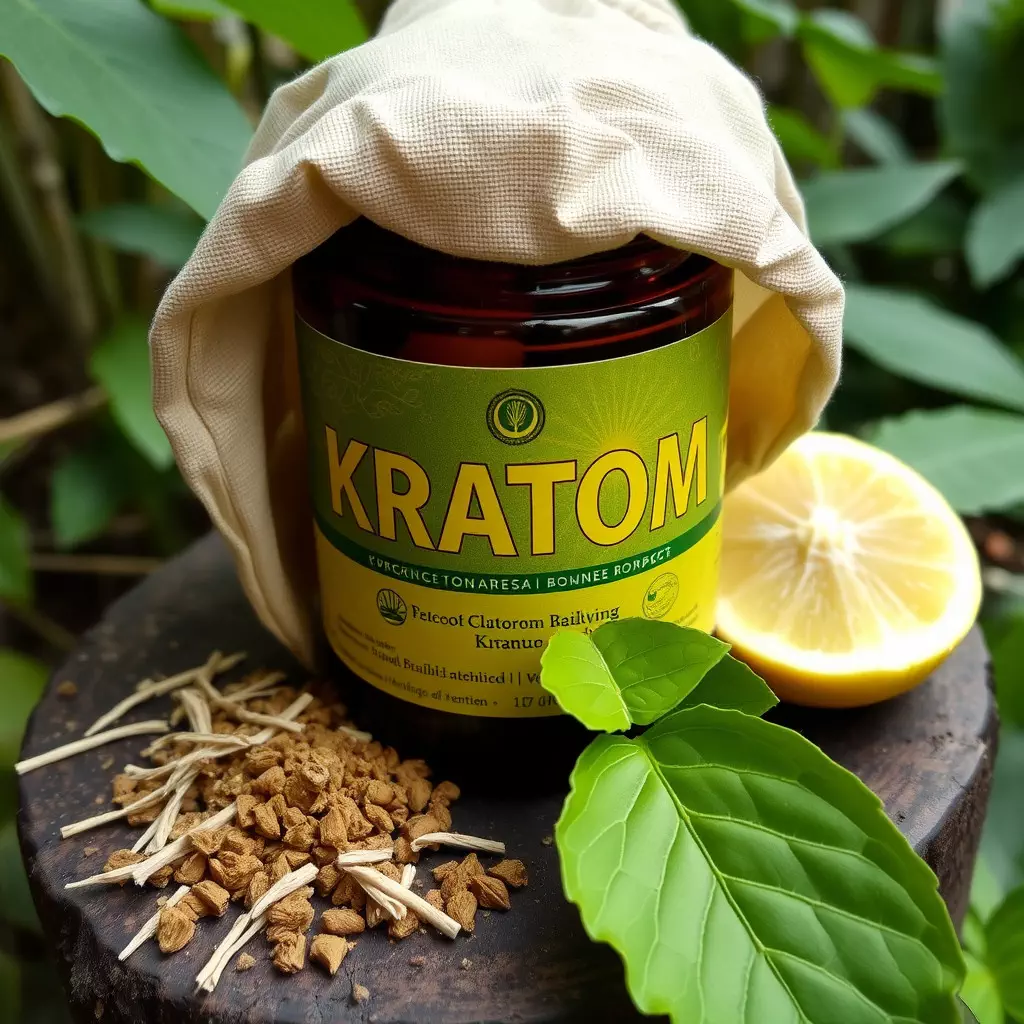As of 2023, kratom's legal status in Colorado is permissive under state law, but athletes must be aware of local ordinances that may impose restrictions. While the substance itself is not a controlled substance in Colorado as of 2016, its ergogenic alkaloids like mitragynine and 7-hydroxymitragynine can influence energy, pain perception, and focus. These effects make kratom an appealing alternative to opioids for pain management or an energizer for endurance training. However, athletes should use it with caution due to potential positive results on drug tests, which could result in penalties under athletic regulations. The legal landscape for kratom is complex and can vary within the U.S., including Colorado, where its status is subject to federal regulations. Athletes should research thoroughly, consult with healthcare professionals or sports nutritionists, and monitor updates on both state and sport-specific guidelines to ensure they are in compliance and fully understand the long-term effects of kratom use. The key takeaway for athletes in Colorado is that while kratom is legal, its use must be approached with careful consideration of regulation and safety.
Exploring the intersection of natural supplements and athletic prowess, this article sheds light on the controversial yet intriguing role of kratom in performance enhancement. As we navigate the complexities surrounding its legality—particularly in Colorado—we delve into how kratom can fit within an athlete’s regimen. From understanding its effects and potential benefits to balancing these against safety concerns, this guide aims to inform athletes on making informed decisions about incorporating kratom into their training routines.
- Navigating Kratom Legality: Is Kratom Legal in Colorado and What Are the Implications for Athletic Performance?
- Understanding Kratom's Role in Athletic Training: Potential Benefits and Considerations
- Balancing Risk and Reward: How Athletes Can Safely Utilize Kratom for Enhanced Performance
Navigating Kratom Legality: Is Kratom Legal in Colorado and What Are the Implications for Athletic Performance?

Navigating the legality of kratom can be a complex endeavor, as its status varies across different states and localities within the United States. For athletes in Colorado, understanding the legal framework surrounding kratom is crucial for both compliance with state laws and ensuring that any use aligns with their sport’s regulations. As of my knowledge cutoff in 2023, kratom is not explicitly scheduled as a controlled substance under the Colorado statutes, which means it is generally legal within the state. However, local ordinances may impose restrictions, and athletes should verify compliance with municipal laws where they compete or train.
The implications for athletic performance are significant, given kratom’s potential to influence energy levels, pain perception, and focus. The Mitragyna speciosa tree’s alkaloids found in kratom leaves can have stimulating or sedative effects, depending on the dosage. For athletes looking to enhance their performance naturally, kratom might be appealing as a means to manage pain without opioid medications or to increase endurance and stamina through its energizing properties. However, it’s important for athletes to approach such supplementation with caution. The lack of uniform regulation and the varying quality of kratom products on the market underscore the need for careful consideration. Athletes must consider the potential for positive drug tests, as some organizations include kratom in their banned substances lists due to its psychoactive nature. Consequently, athletes interested in using kratom should thoroughly research and consult with healthcare professionals or sports nutritionists to navigate this complex issue responsibly and in alignment with their athletic commitments.
Understanding Kratom's Role in Athletic Training: Potential Benefits and Considerations

Kratom, a botanical derivative from the leaves of Mitragyna speciosa, has garnered attention in various domains, including athletic training due to its potential ergogenic properties. Athletes seeking to enhance their performance may explore kratom as a natural supplement. It is important for individuals to understand the nature of kratom and its effects before incorporating it into their regimen. Kratom contains alkaloids such as mitragynine and 7-hydroxymitragynine, which can influence the brain’s opioid receptors, potentially leading to increased energy, reduced fatigue, and improved mood. These effects may contribute to improved athletic performance by allowing for more intense and prolonged training sessions.
However, it is crucial to note that the legal status of kratom varies across jurisdictions within the United States. As of my knowledge cutoff in 2023, is kratom legal in Colorado? The answer is affirmative; kratom is legal in Colorado, as it was removed from the state’s list of controlled substances in 2016. Nonetheless, athletes considering kratom should be aware of its potential benefits as an ergogenic aid as well as the regulatory environment. It is essential to approach any supplement with caution, ensuring proper dosing and adherence to local laws. Additionally, the long-term effects of kratom use are still under investigation, and athletes should consider consulting with healthcare professionals or sports nutritionists for personalized guidance. Safety, legality, and compliance with athletic governing bodies’ regulations are key factors to navigate when integrating kratom into an athletic training program.
Balancing Risk and Reward: How Athletes Can Safely Utilize Kratom for Enhanced Performance

Kratom, derived from the leaves of Mitragyna speciosa, has garnered attention within athletic communities for its potential performance-enhancing properties. While the substance is purported to offer benefits such as increased stamina and reduced fatigue, it’s crucial for athletes to approach its use with caution and a clear understanding of legal statuses. For instance, is kratom legal in Colorado? As of the knowledge cutoff in 2023, kratom is not explicitly illegal in Colorado, but its legal status can be complex due to federal and state regulations that may change over time. Athletes interested in using kratom should first verify its current legal standing in their specific jurisdiction to avoid any potential legal repercussions.
Balancing risk and reward is essential when considering kratom for performance enhancement. Kratom’s interaction with the body involves its alkaloids binding to opioid receptors, which can affect pain sensation, mood, and energy levels. This mechanism of action necessitates careful dosing and monitoring to prevent overuse or adverse effects. Athletes should consider consulting healthcare professionals or sports nutritionists experienced in performance supplements before integrating kratom into their regimen. Additionally, they must be aware that the substance is a controlled substance under the DEA, which places certain restrictions on its use and distribution. Safety measures also include being mindful of potential interactions with other medications or substances and maintaining awareness of the evolving regulatory landscape. By adhering to these guidelines, athletes can explore kratom’s benefits while mitigating associated risks, thereby enhancing their performance in a responsible manner.
When exploring the intersection of athletic performance enhancement and the use of kratom, a key takeaway from our analysis is the critical importance of adhering to local legality, particularly in states like Colorado where kratom’s status is subject to change. As outlined in “Navigating Kratom Legality: Is Kratom Legal in Colorado and What Are the Implications for Athletic Performance?”, athletes and trainers must stay informed on current laws to avoid legal repercussions. In “Understanding Kratom’s Role in Athletic Training: Potential Benefits and Considerations,” we delved into how kratom may offer benefits such as pain management, increased stamina, and potentially faster recovery times, yet these must be weighed against the lack of long-term studies and the potential for dependence or adverse effects. Finally, “Balancing Risk and Reward: How Athletes Can Safely Utilize Kratom for Enhanced Performance” provided guidance on responsible use, highlighting the need for a tailored approach under the supervision of healthcare professionals. In Colorado, where the legal landscape is dynamic, athletes should proceed with caution, ensuring they stay within the bounds of the law and prioritize their health and well-being when considering kratom as part of their performance regimen.






